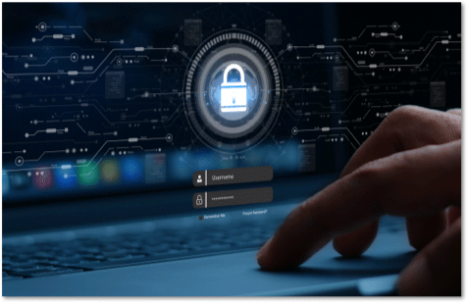Security That Enables Zero Trust
As perimeters disappear and work becomes distributed, attackers exploit stolen credentials, insecure devices, and unchecked access. Zero trust replaces default trust with continuous verification, confirming identity, validating device health, assessing risk, and enforcing least-privilege access. By verifying that every session is safe before it’s allowed, organizations eliminate assumptions, block unauthorized access, and prevent lateral movement. The result is a stronger, more resilient security posture that scales with evolving threats.

eBook: 6 Steps to Deploying Zero Trust
Move zero trust from vision to execution:
- Reduce risk across identity, device, and access with clear priorities
- Modernize remote access without adding complexity or friction
- Build a zero trust strategy that scales as your business grows
WatchGuard’s Unified Approach to Zero Trust
WatchGuard brings zero trust to life through a unified architecture that spans identity, endpoint protection, and secure access – enforced through cloud-managed policies that follow users wherever they work.

Consistent Security Everywhere
The Zero Trust Identity Framework applies a unified, adaptive set of policies across every user, device, and access point. No matter where work happens, security decisions follow the same rules, ensuring consistent enforcement, fewer gaps, and a stronger, more predictable security posture across the entire organization.

Simple, Centralized Control
All zero trust policies, settings, and visibility are managed through a single cloud-delivered platform. This centralized control simplifies deployment, monitoring, and ongoing operations, allowing organizations to scale zero trust quickly, reduce administrative effort, and maintain clear insight into every connection and security decision.

Stronger Protection Through Adaptive Decisions
Continuous, context-aware evaluation of identity, device posture, behavior, and situational risk enables zero trust controls to adjust access in real time. When conditions change or threats emerge, automated AI tightens or revokes access instantly, containing attacks early and preventing them from spreading across the environment.

Block Modern Threat Attack Paths
By eliminating inherent trust, replacing VPNs with session-based access, and restricting lateral movement, this approach disrupts the exact methods attackers rely on. It stops credential theft, compromised devices, remote-access abuse, and stealthy internal spread – closing off the pathways that fuel today’s most damaging breaches.
Zero Trust the Easy Way
For organizations ready to get started with zero trust, WatchGuard offers a comprehensive solution that unifies identity, endpoint, and secure access into a single integrated platform.


